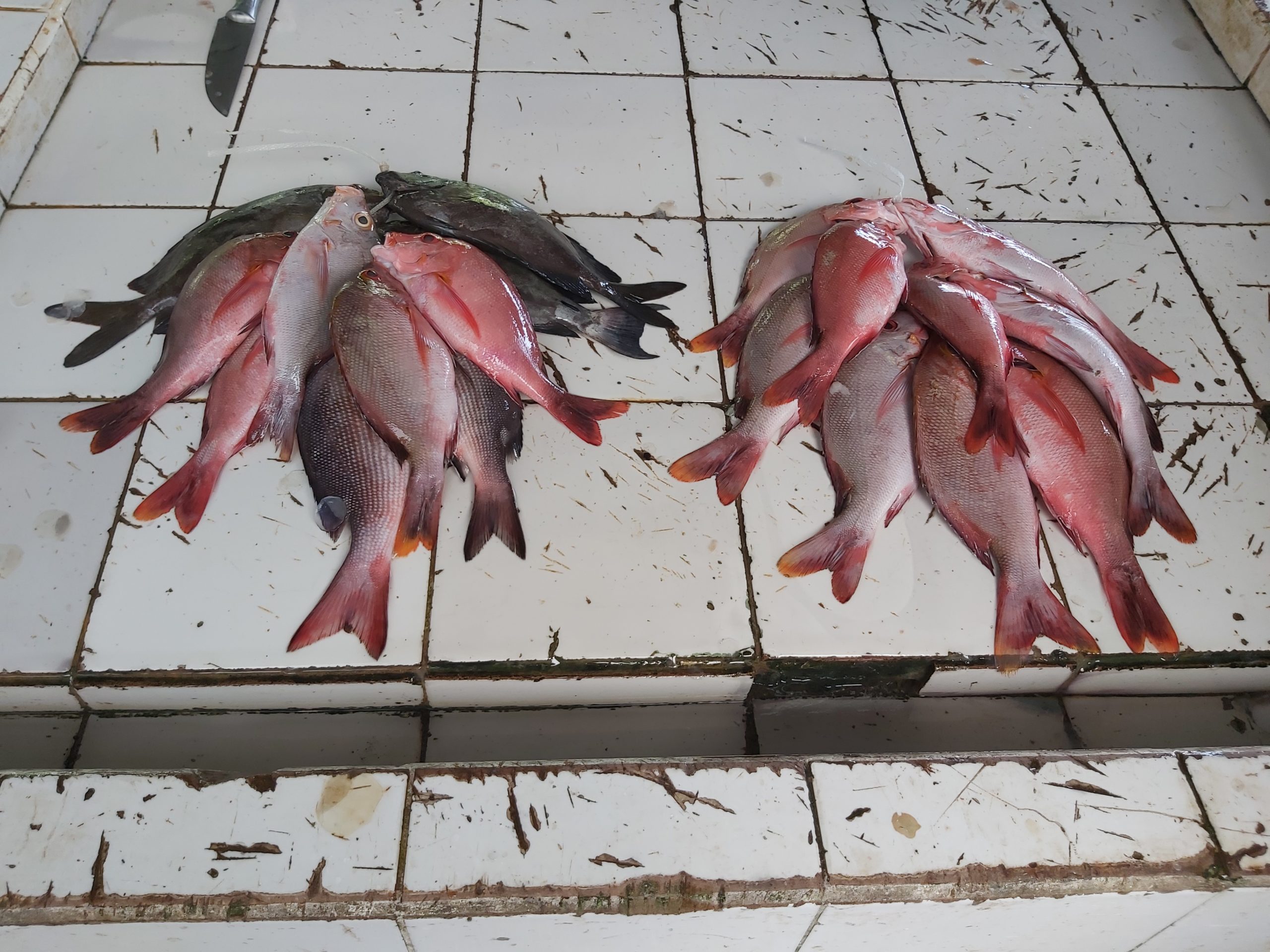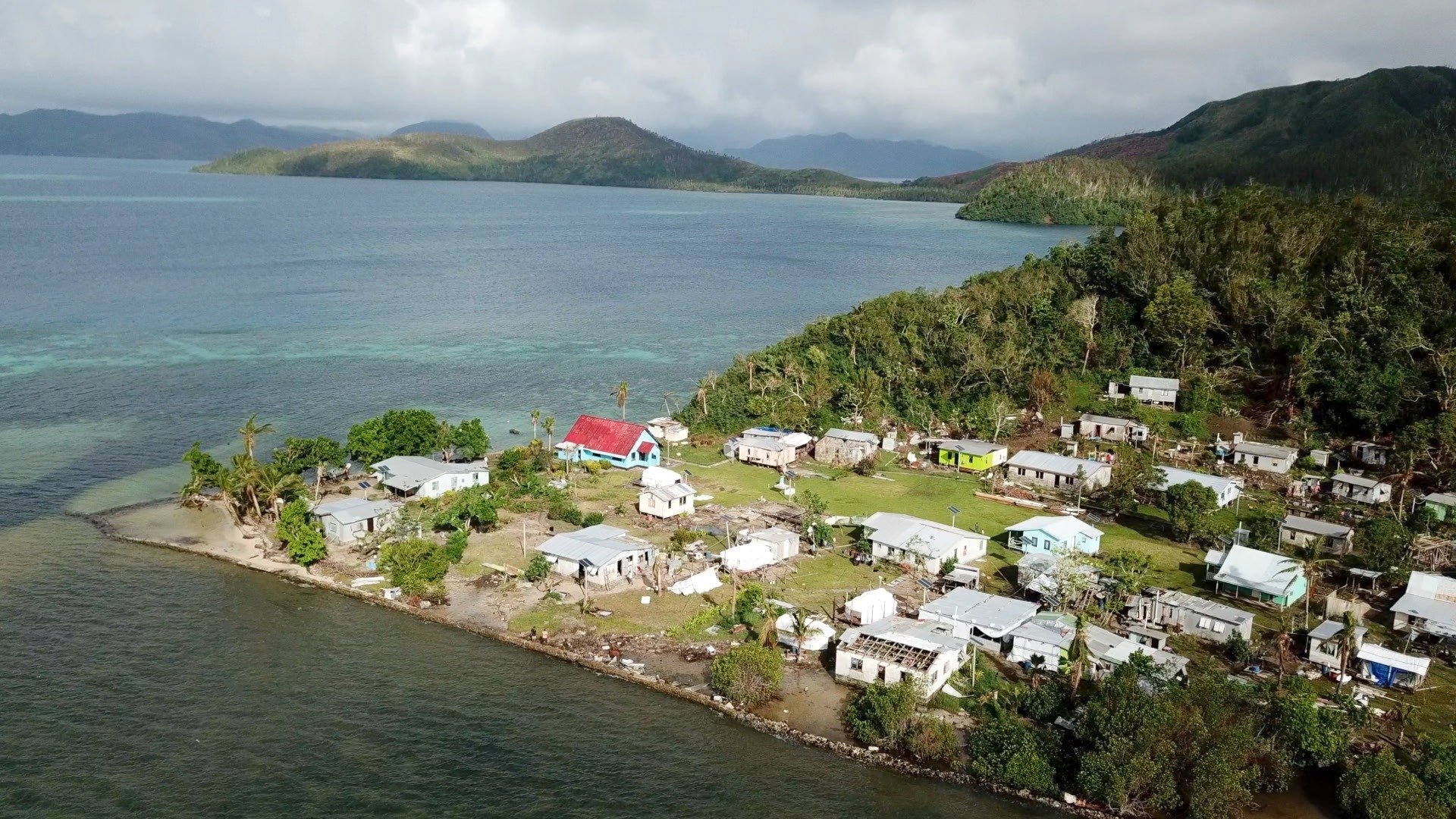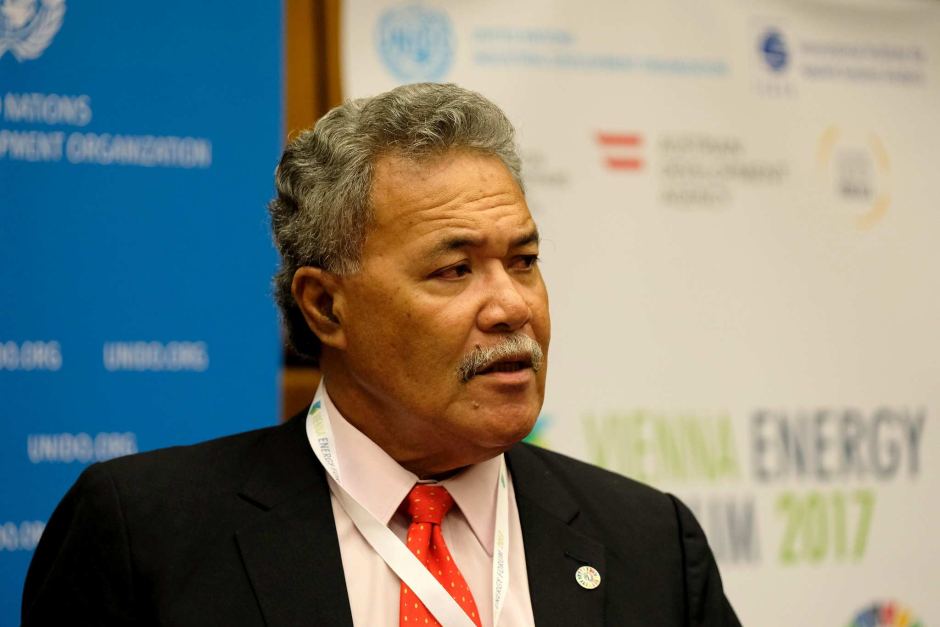With reports of increased pressure on Fiji’s inshore fisheries due to the COVID-19-induced economic fallout, experts have renewed calls for stronger management of the resource, which was already vulnerable due to overfishing, outdated regulations and pollution.
With the pandemic having pushed more than 115,000 people out of jobs, media reports in Fiji indicate that many of the newly-unemployed have turned to fishing, especially from the tourism sector, which has seen over 25000 job losses.
Last month, the government also lifted its seasonal, four-month ban on the capture and sale of the highly-prized but vulnerable grouper (kawakawa) and coral trout (donu) species, citing COVID-induced hardships.
Among those who have been laid off is Ritesh Narayan, a former freight worker in Fiji’s western town of Nadi, who now goes fishing every day to support his family of six.
“We have no choice. Fishing is the only way we can survive now,” Narayan said.
Narayan, who lost his job when Fiji shut its borders in March, is among thousands of laid-off workers believed to have turned to fishing to support their families in the wake of COVID-19.
These developments have put additional pressure on Fiji’s inshore fisheries, valued at FJ$133m, according to the country’s draft National Ocean Policy.
Dr Anjeela Jokhan, Dean at the University of the South Pacific’s (USP) Faculty of Science, Technology and Environment, believes a nationwide awareness campaign and stronger enforcement is needed to address the ongoing problems.
“The Pacific particularly is very vulnerable with respect to inshore fisheries because our livelihoods depend on it,” Dr Jokhan said.
Various research reports attest that inshore fisheries is suffering from decades of overfishing.
A Fiji study published last year found that inshore fish stocks ‘were in crisis’ in many areas in the country, and that more than 57% of potential reef fish yields would be lost unless better management practices were implemented.
The study was conducted jointly by the Wildlife Conservation Society (Fiji), the Fijian Fisheries Ministry, the World-Wide Fund for Nature (WWF) and USP.
It assessed the size of 13,901reef fish (129 species) in Fiji markets and concluded that there was an urgent need for reform to ensure that fish are not caught before reproducing at replacement levels.
This was essential to keep populations stable.
Similarly, a 2009 study by the University of British Columbia showed that Fiji’s inshore fisheries have been under decades-long, sustained pressure from over-fishing, destructive and illegal fishing methods, and pollution.
Dr Jokhan, who is overseeing a 4.5-year EU5.7 million (FJ$13.33m) European Union-funded community-focused project on sustainable fisheries in the region, says that the capture of undersized fish before they could reproduce was contributing to the rapid depletion of fisheries, including the vulnerability of certain species.
“Undersized fishing of any species before at least one reproductive cycle is very dangerous actually,” said Jokhan. Towards this end, the EU project headed by Jokhan is creating awareness among coastal communities through education and research.
The national grouper and coral trout ban was implemented after extensive lobbying and public campaigning by the non-governmental organization, cChange, only to be lifted due to Covid-19.
Following this, a local fish company advertised that it had a ton of grouper in stock, at the reduced-price FJ$11 per kilogram.
Dr Jokhan said that it was crucial to involve fishing communities in finding long-term solutions, including conservation programmes based on indigenous methods.
“I think there is a lack of awareness and education around what overfishing means. Sure, we shouldn’t do it. But we don’t really tell the communities the impacts or what it means to overfish,” she said.
“Unless you have a cultural shift in people taking responsibility, things won’t change. But this is easier said than done because these are people who need the cash today.”
While the ban on the groupers was welcomed, it is seen as a short-term solution that is insufficient on its own.
Andrew Paris, a researcher based at the USP in Suva, says Fiji’s public were largely unaware of the negative impacts of catching undersized fish.
“Some research is indicating that there are major population declines for species such as Kawakawa, Donu (Coral Trout), Kanace (Mullet) and Kabatia (Thumbprint Emperor),” Mr Paris said.
“With all the traveling I’ve done, I see a lot of artisanal fishers that don’t heed those laws and there is a general lack of enforcement around it. I think more can be done to educate and create awareness to go hand-in-hand with enforcement.”
The experts who are calling for urgent action say that unless the situation is addressed, it will lead to economic hardships and dietary disruptions.




